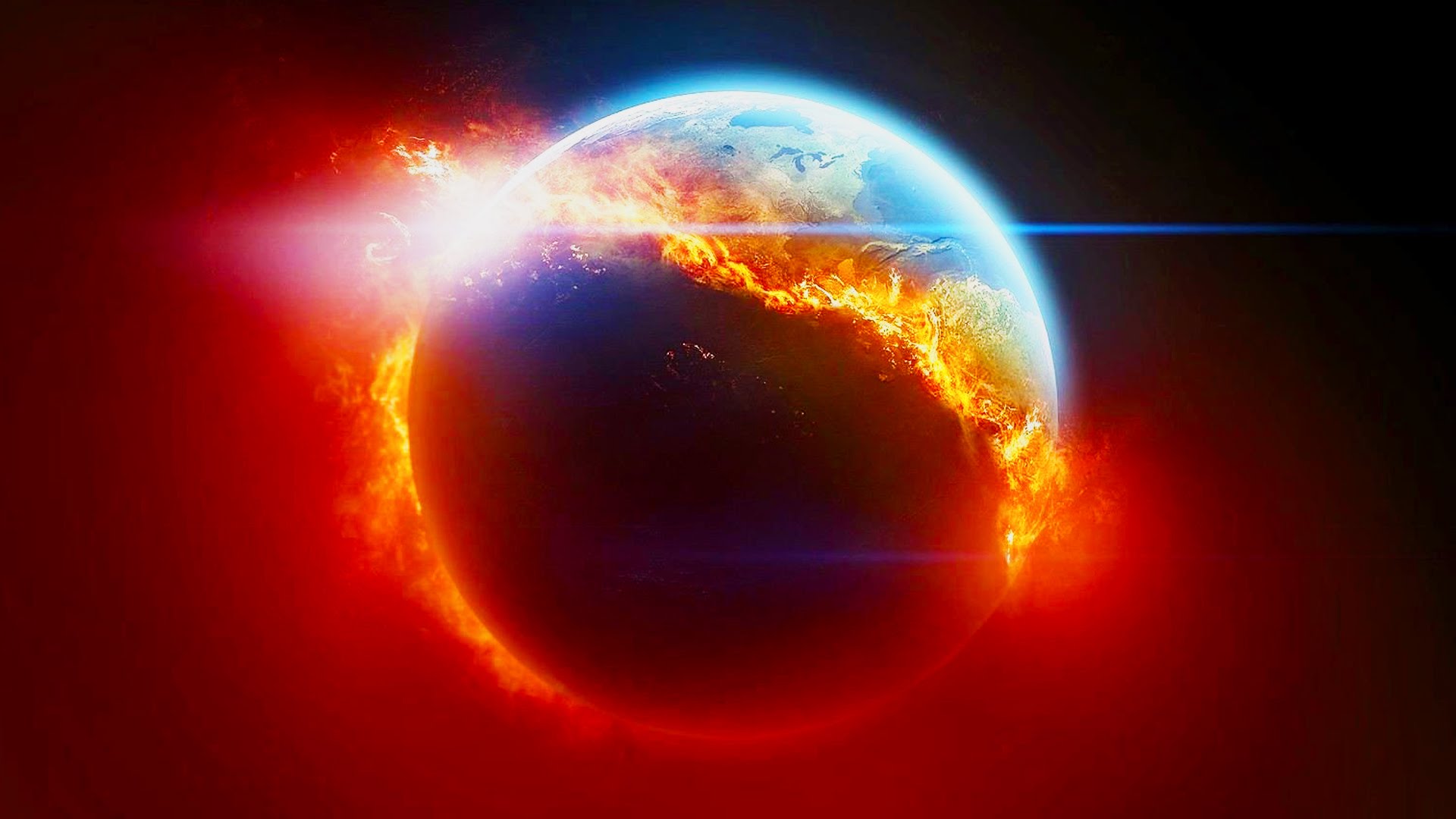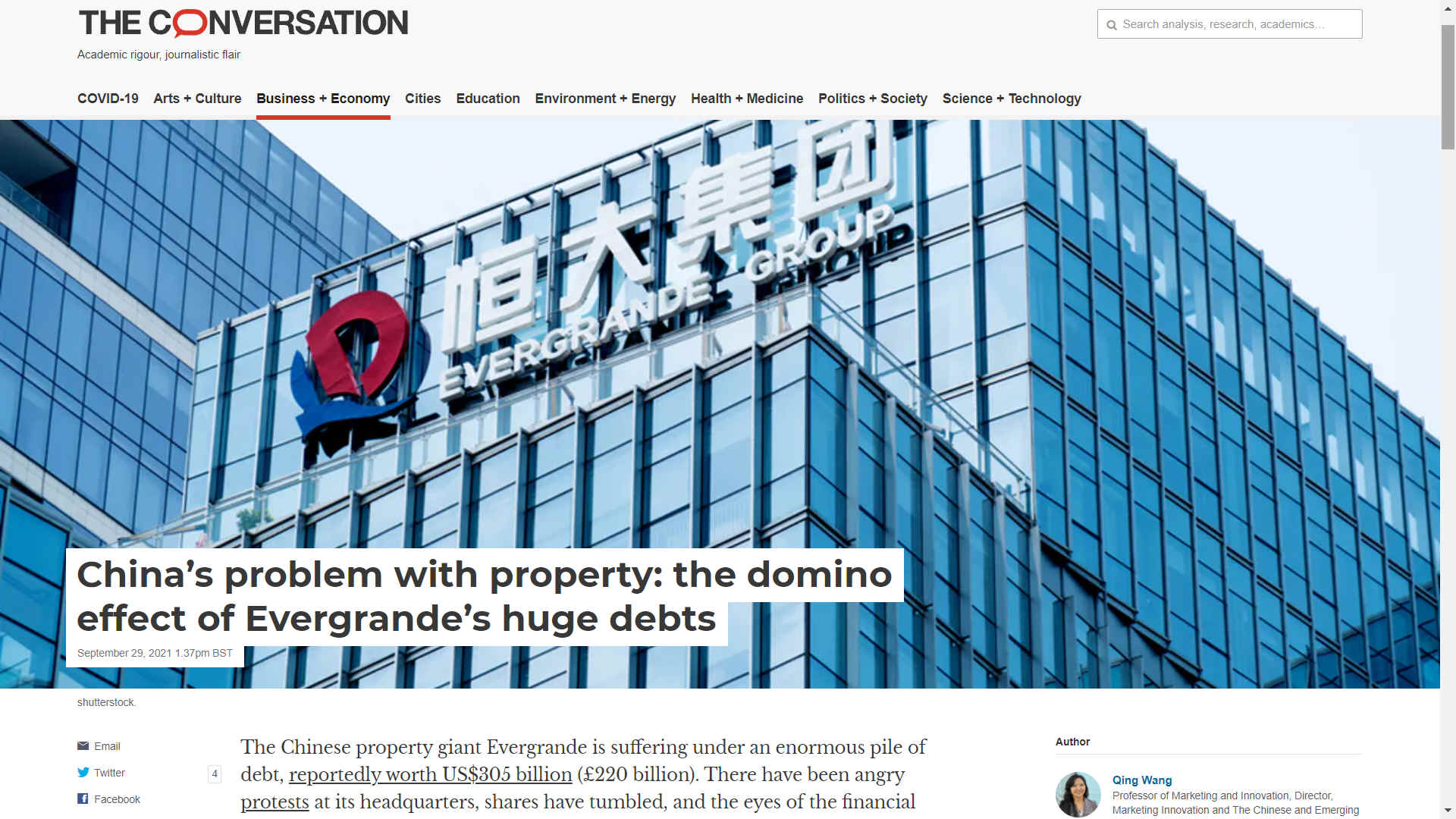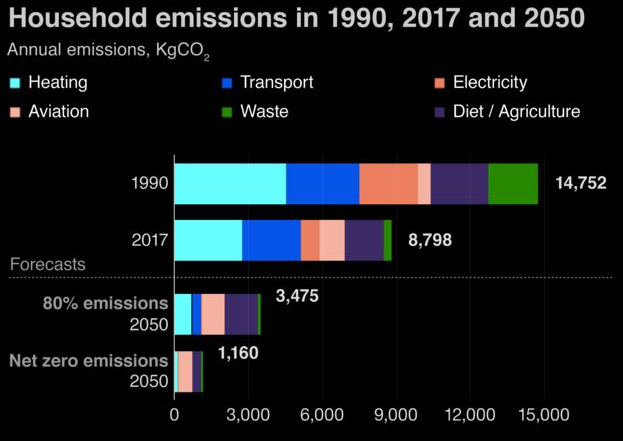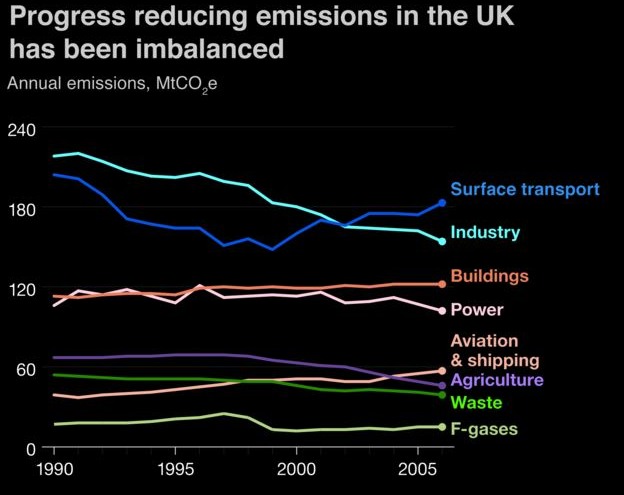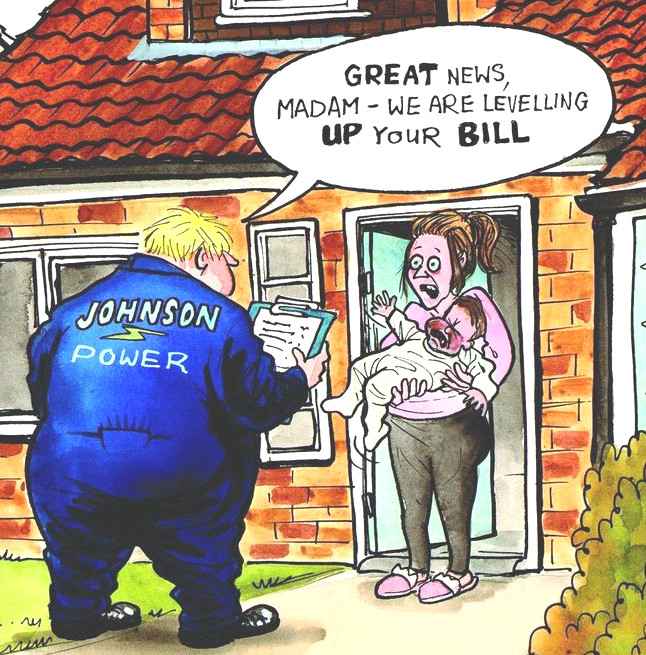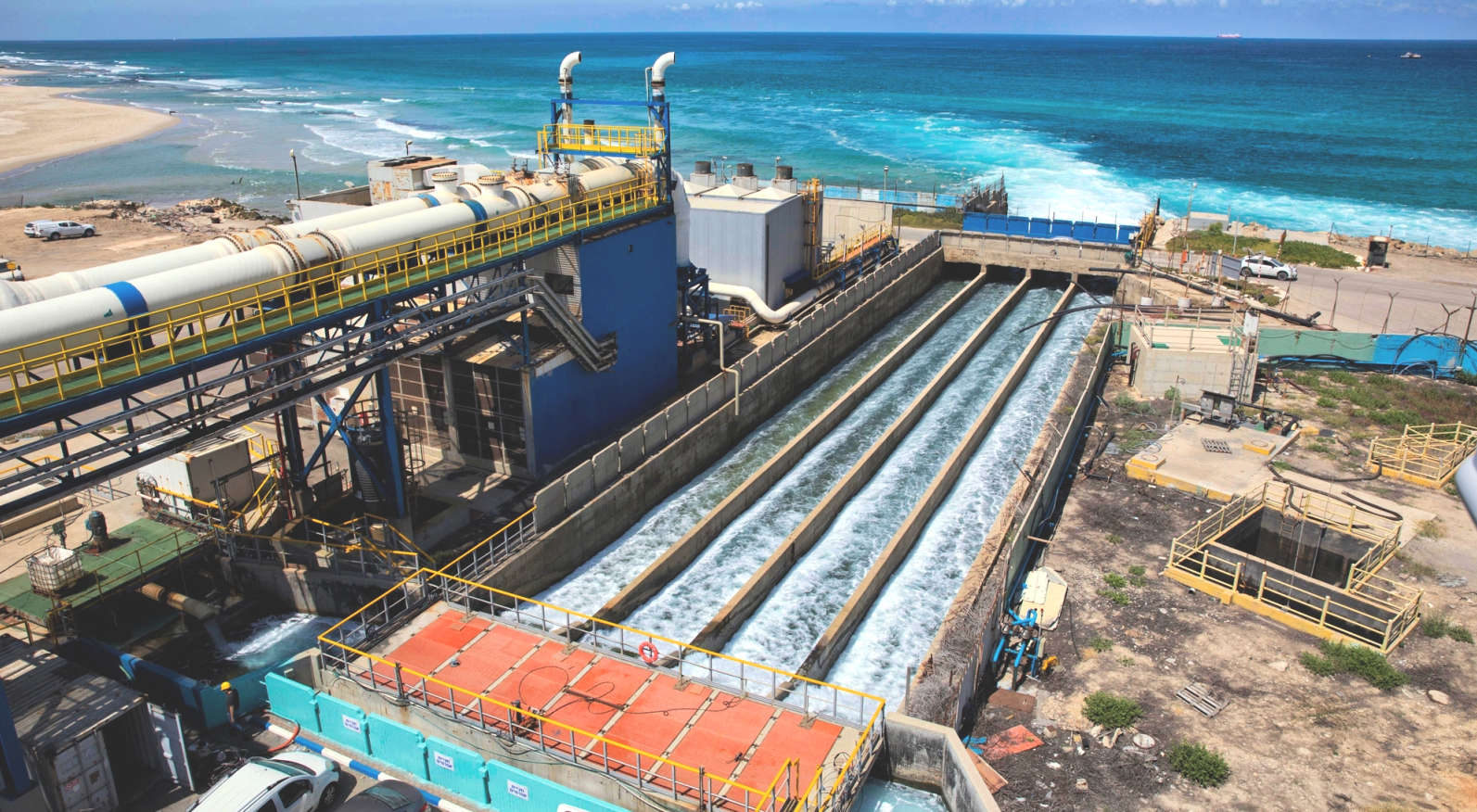|
GLOBAL WARMING
Please use our A-Z INDEX to navigate this site
HOW MUCH IS THE EARTH HEATING UP - As of early 2017, the Earth had warmed by roughly 2 degrees Fahrenheit (more than 1 degree Celsius) since 1880, when records began at a global scale. The number may sound low, but as an average over the surface of an entire planet, it is actually high, which explains why much of the world’s land ice is starting to melt and the oceans are rising at an accelerating pace. If greenhouse gas emissions continue unchecked, scientists say, the global warming could ultimately exceed 8 degrees Fahrenheit, which would undermine the planet’s capacity to support a large human population.
Global warming is a long-term rise in the average temperature of the Earth's climate system, an aspect of climate change shown by temperature measurements and by multiple effects of the warming. The term commonly refers to the mainly human-caused observed warming since pre-industrial times and its projected continuation, though there were also much earlier periods of global warming.
In the modern context the terms global warming and climate change are commonly used interchangeably, but climate change includes both global warming and its effects, such as changes to precipitation and impacts that differ by region.
COAL
POWERED PROPERTY BOOM
-
Having raised the price of building materials around the
world, the Chinese property giant Evergrande is suffering under an enormous pile of debt, reportedly worth US$305 billion (£220 billion). There have been angry protests at its headquarters, shares have tumbled, and the eyes of the financial world remain anxiously focused on its future.
Put simply, the situation at Evergrande is dire. They do not
build affordable, sustainable homes.
In 2013, the Intergovernmental Panel on Climate Change (IPCC) Fifth Assessment Report concluded, "It is extremely likely that human influence has been the dominant cause of the observed warming since the mid-20th century." The largest human influence has been the emission of greenhouse gases such as carbon dioxide, methane, and nitrous oxide.
In view of the dominant role of human activity in causing it, the phenomenon is sometimes called "anthropogenic global warming" or "anthropogenic climate change."
Climate model projections summarized in the report indicated that during the 21st century, the global surface temperature is likely to rise a further 0.3 to 1.7 °C (0.5 to 3.1 °F) to 2.6 to 4.8 °C (4.7 to 8.6 °F) depending on the rate of greenhouse gas emissions.
These findings have been recognized by the national science academies of the major industrialized nations and are not disputed by any scientific body of national or international standing.
SOME
INCONVENIENT FACTS:
In 2016, Earth’s average surface temperature hit a record level for the third consecutive year since records began in 1880.
The global average temperature was about 1.1 degree Celsius (1.98 Fahrenheit) higher than the pre-industrial era. This is when mankind’s mass burning of coal, and later oil and gas, started hiking levels of heat-trapping CO2 in the atmosphere.
The Melting Ice
Arctic summer sea ice shrank to 4.14 million square kilometers (1.6 million square miles) in 2016 — the second-lowest after 2012, when it reached 3.39 million km2.
The Arctic Ocean could be ice-free in summer as early as 2030 due to ocean warming.
On the other extreme of the world, Antarctica, sea ice last year hit its lowest extent ever recorded by satellites.
The Greenhouse
For the first time on record, in 2015, the amount of CO2 in the atmosphere averaged 400 parts per million (ppm).
The Rising Sea Level
The National Oceanic and Atmospheric Administration (NOAA) said in January 2017 the global average sea level could be between 0.3 and 2.5 meters (one foot to 8.2 feet) higher by 2100.
ISLAND NATIONS UNDER THREAT OF SINKING FROM GLOBAL WARMING - A TO Z
1. Cabo Verde, Republic of 4. Ireland 7. Kiribati 8. Maldives 9. Marshall Islands, Republic of the 10. Micronesia, Federated States of 11. Palau 12. Sarichef Island 13.
Seychelles 15. Tangier Island 17. Tuvalu 18. United Kingdom
The Perils
The intensity of typhoons battering China, Taiwan, Japan and the Korean Peninsula since 1980, for example, has increased by 12 to 15 percent.
Natural disasters drive about 26 million people into poverty every year, says the World Bank, and cause annual losses of about $520 million (463 million euros).
TOO SLOW BOJO, UK POLITICS, ALL TALK - Boris Johnson's Government have been a little slow to introduce policies and tax breaks to gird the loins of the energy industry to change from coal, oil and gas, to green hydrogen from wind turbines and solar farms. His inability to read world change and act decisively to create a sustainable society, has just about halved pensioner's savings in real terms in the UK. Well done Bojo.
WATER
INSECURITY - A study published by United Nations’ water researchers says there has been an “exponential increase” in global desalination capacity compared to 20 years ago — and a concomitant increase in the flow of polluted, hyper-salty brine water into the ocean.
LINKS & REFERENCE
https://www.ipcc.ch/ https://www.britannica.com/science/global-warming
THE BLONDE YEARS - Business success does not appear to go hand-in-glove with conservation needs, where there is no profit in doing the right thing, other than saving the planet. But you cannot bank saving the planet. This begs the question, do we want hard nosed business ethics entering the political arena with Presidents like Donald (Chump) Trump. Want it or not the USA have got it because he used his climate change dollars to buy the presidency. Should that be allowed? We'd suggest a cap on allowable election expenses. We live in hope that the entrepreneur might develop a conscience while still in office.
This website is provided on a free basis as a public information service. copyright © Climate Change Trust 2021. Solar Studios, BN271RF, United Kingdom.
|
